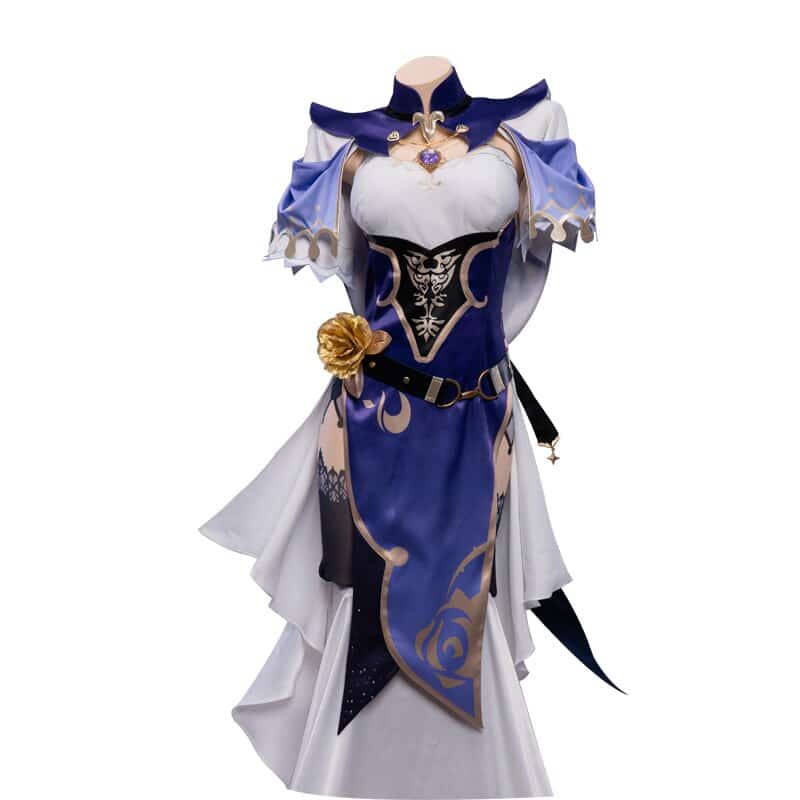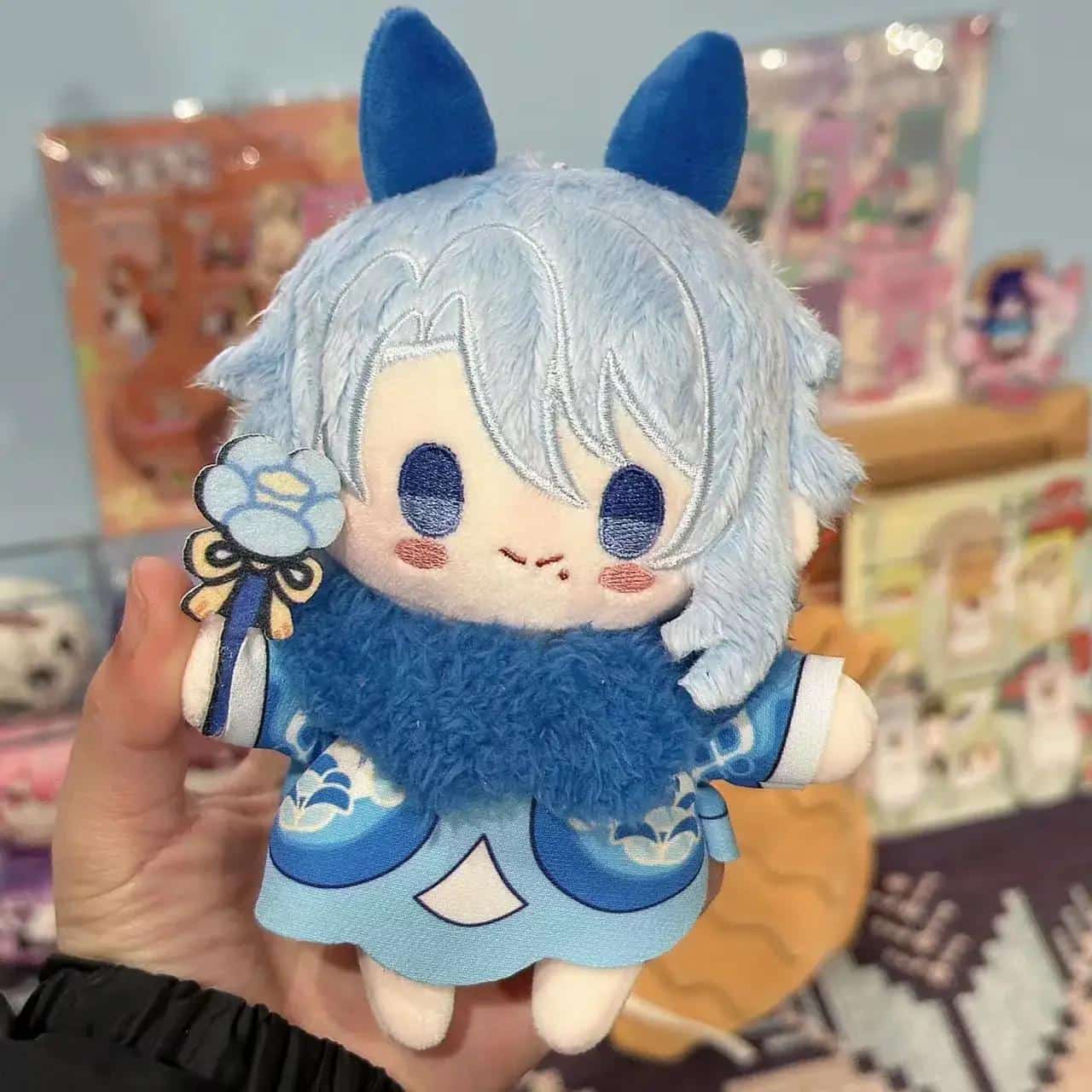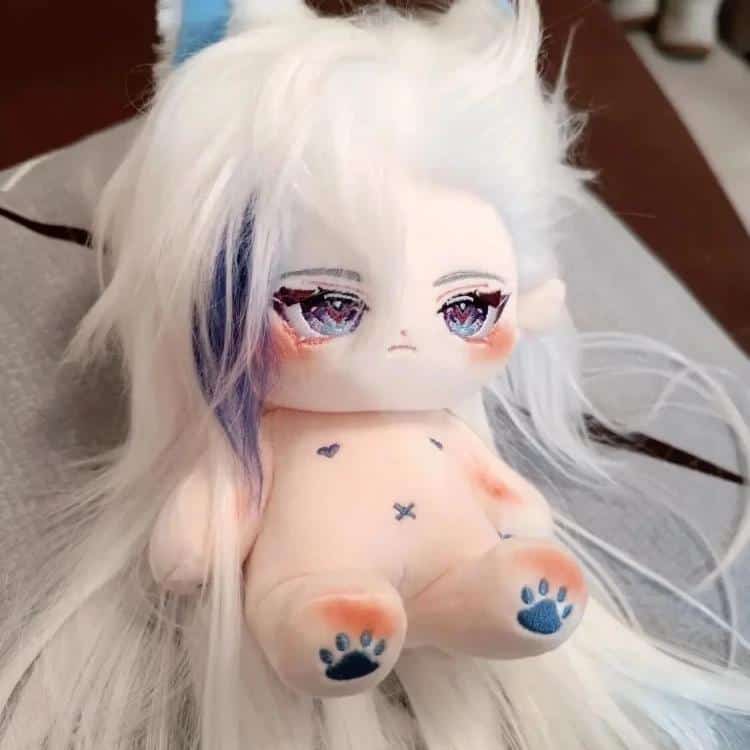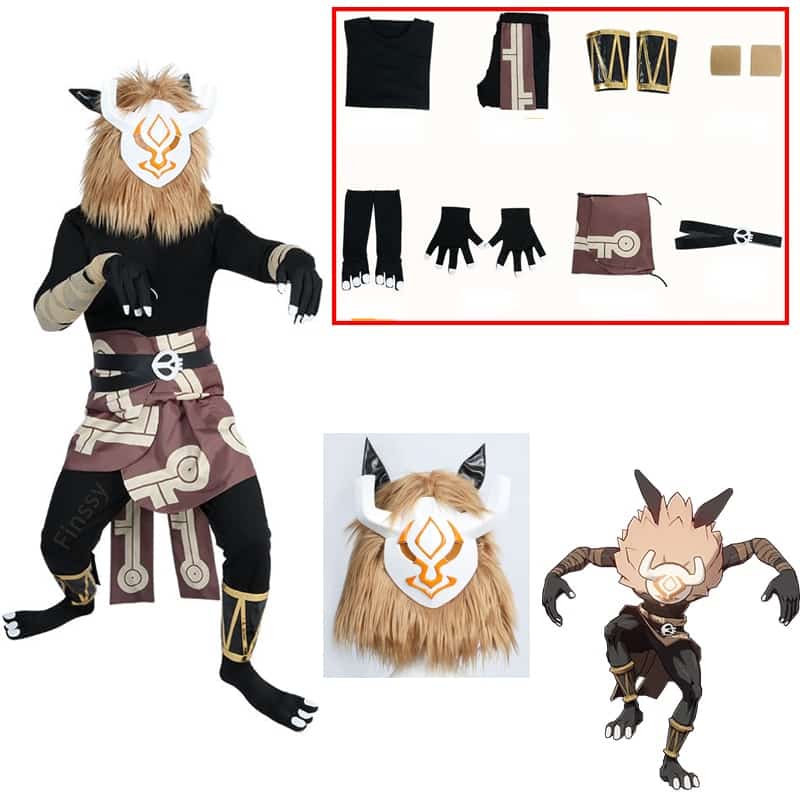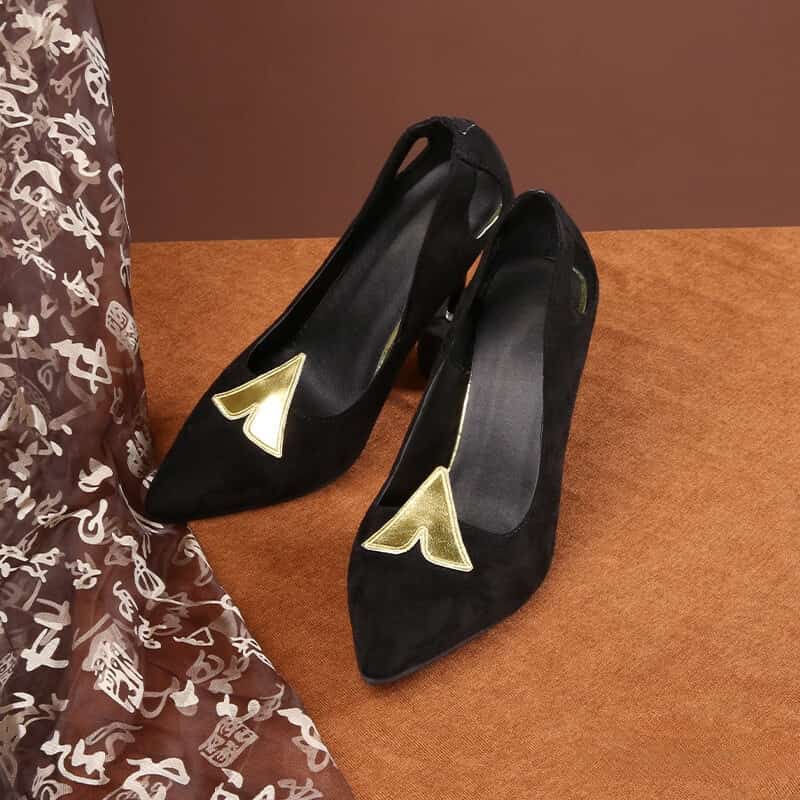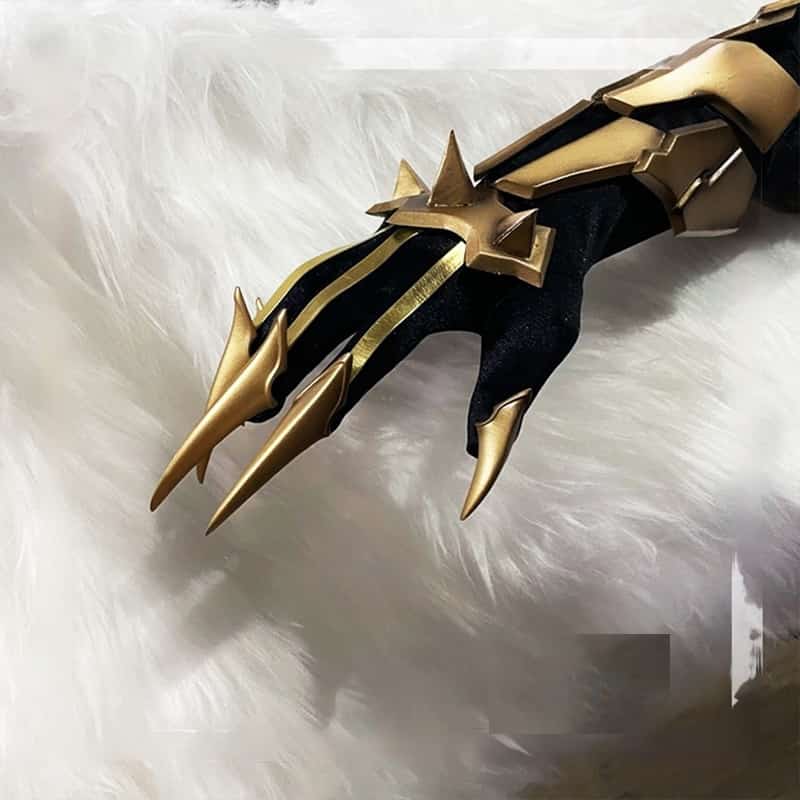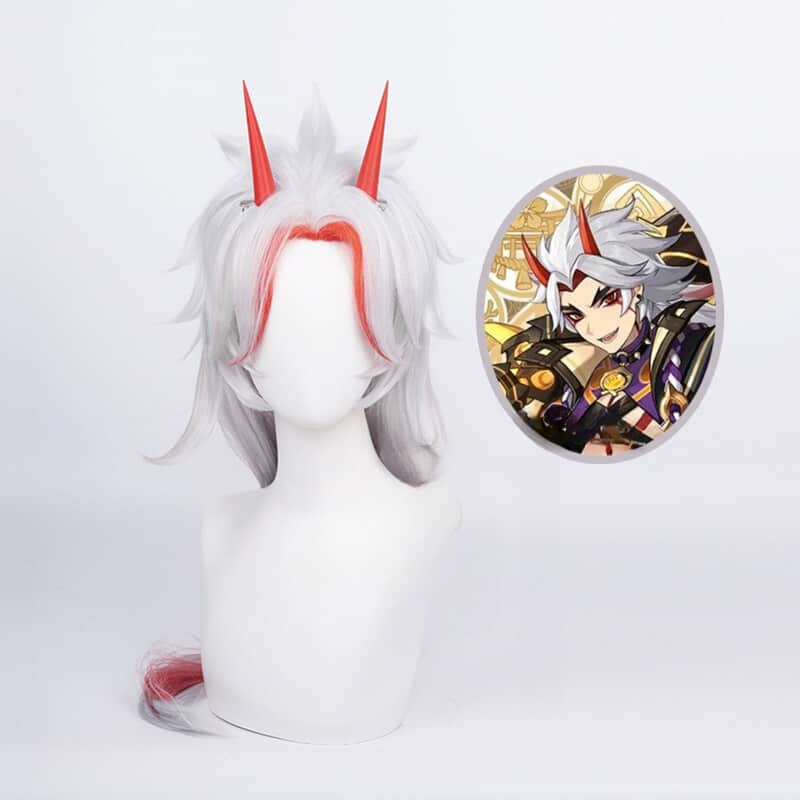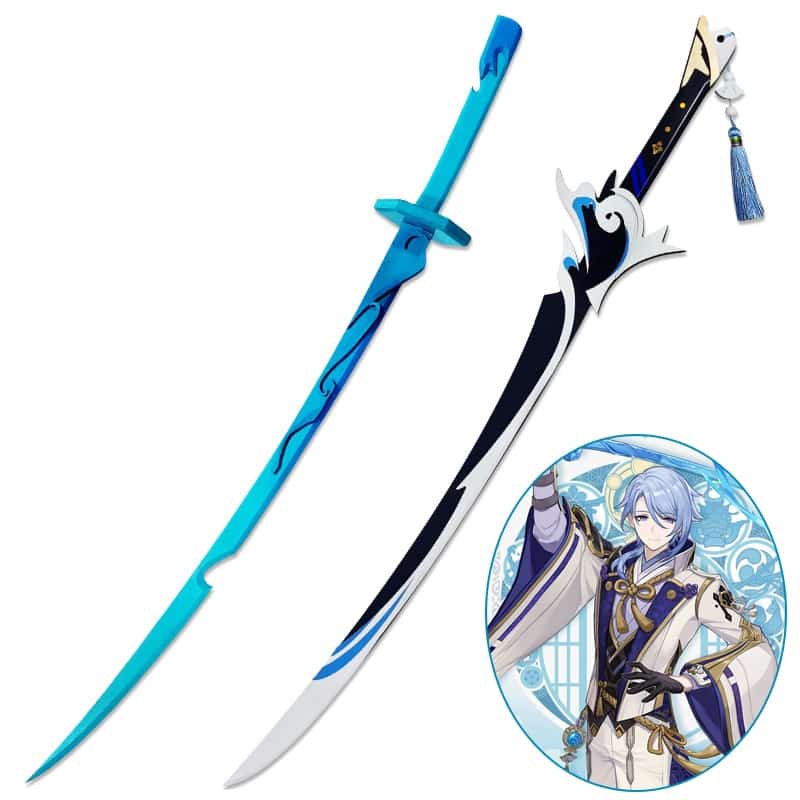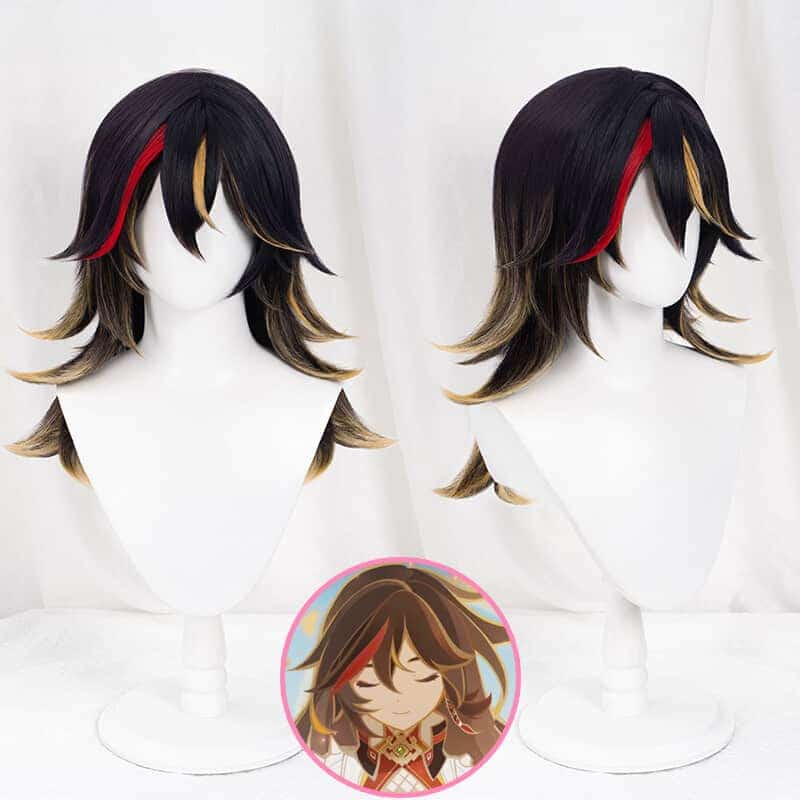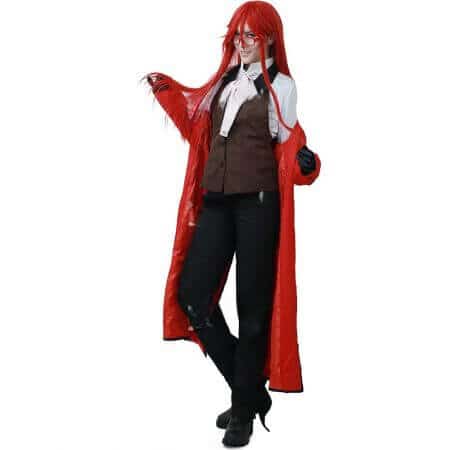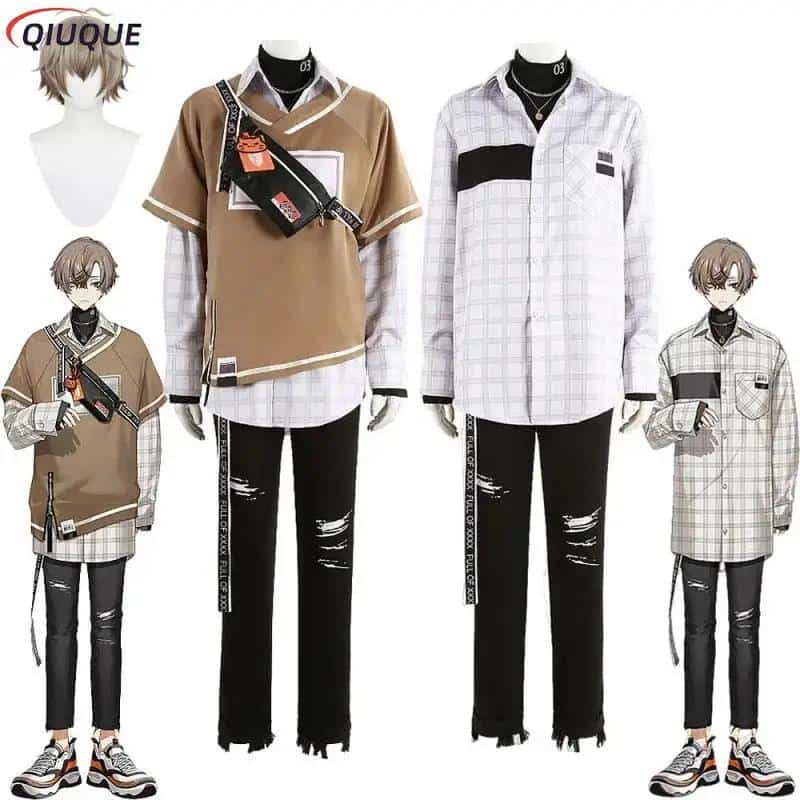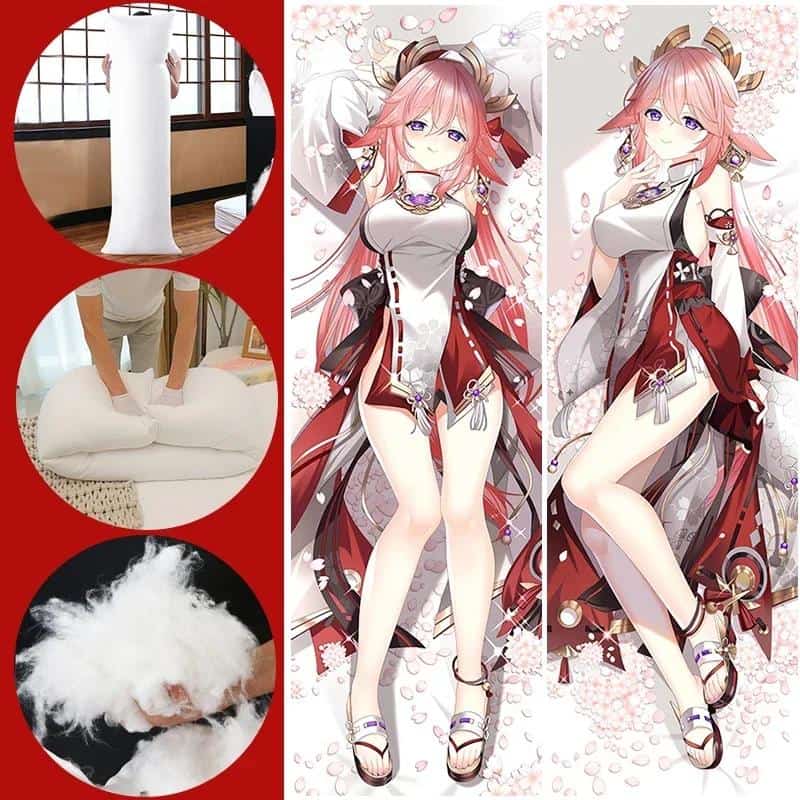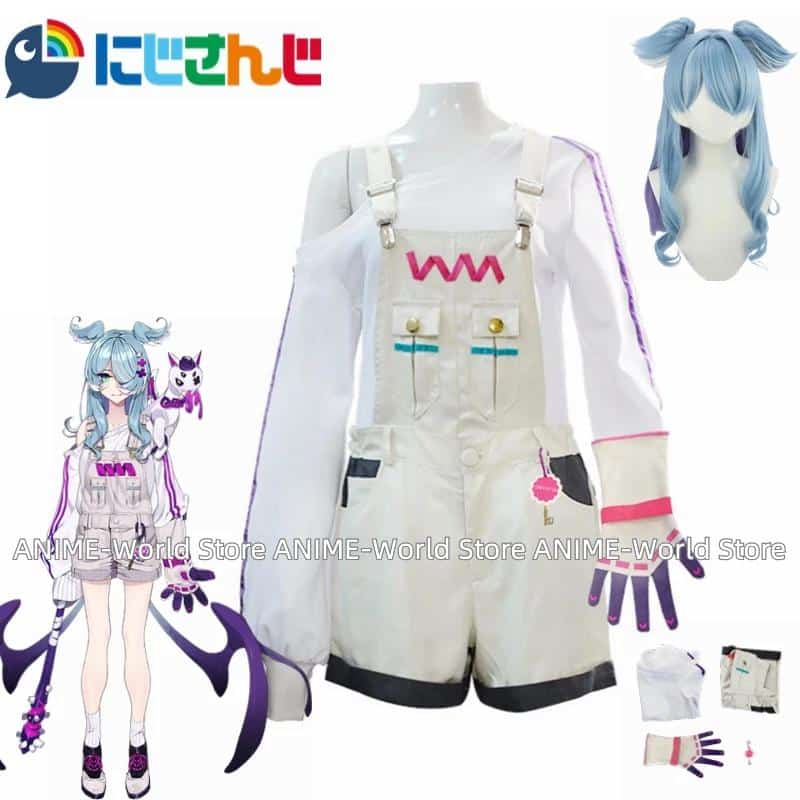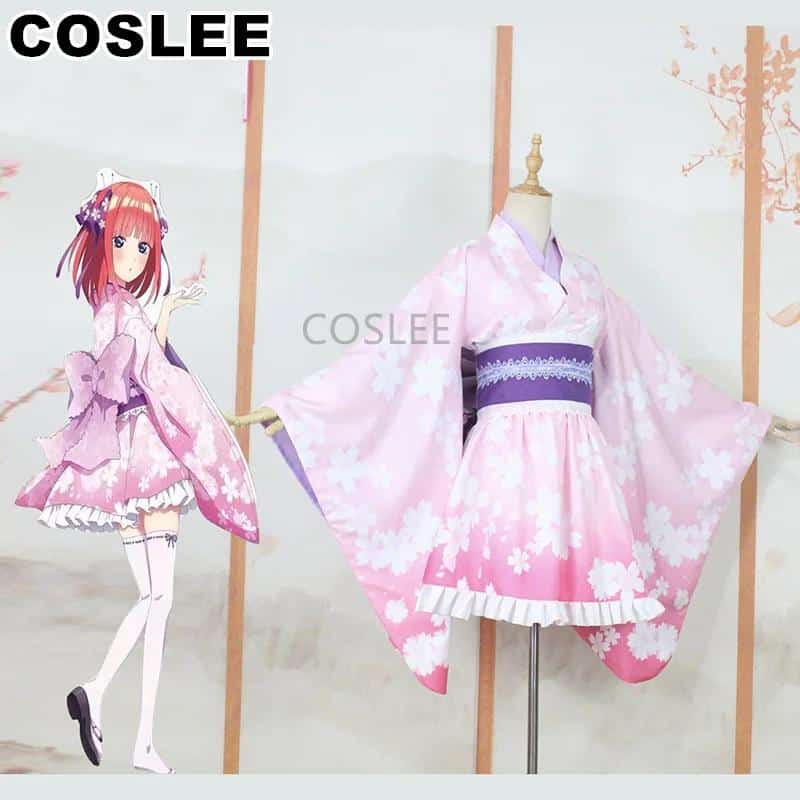NEU: Genshin Impact Cosplays
Finde dein Traum Cosplay in unserem Cosplay Shop

Sei der Held, der du schon immer mal sein wolltest
Herzlich willkommen liebe Cosplayer und Cosplayerinnen, lieber Verkleidungsnäher und Charakterdarsteller, liebe Nerds, Geeks und Otakus, liebe Fans von Karneval und Halloween Kostümen, bei Deutschlands Cosplay Shop Nr. 1! Du möchtest Cosplays oder Halloween Kostüme kaufen?
Ihr habt es geschafft, ihr seit auf CosplayHero angekommen, EUREM Shop für Cosplay Kostüme, Verkleidungen, Merchandise, Halloween Kostüme, Steampunk Kostüme, Spiderman Kostüm und Kawaii Fashion. Mit unseren Premium Cosplays gelingen dir garantiert auch die besten Instagram Fotos.
Auf der Suche nach einem Shop für deutsche Cosplayer? Die Suche nach Verkleidungen, Kostümen oder nur Teilen von ihnen kann anstrengend und frustrierend sein – besonders wenn man für EIN Cosplay Outfit gleich mehrere Cosplay Shops benutzen muss. Hier auf CosplayHero, einem deutschen Cosplay Shop, wollen wir die beste Auswahl anbieten, damit du ganz bequem von nur einem Ort alle Cosplays kaufen kannst, die dein Herz begehrt! Von einzelnen Items wie Cosplay Wigs für den Feinschliff bis zum kompletten Steampunk Cosplay Kostüm bzw. Spiderman Kostüm oder Halloween Kostümen wollen wir dir nicht nur etwas, sondern ALLES bieten! Von A wie Assassins Creed Cosplays bis Z wie Zelda Cosplays (bzw. einem Link Cosplay) findest du hier wirklich alles. Die unterschiedlichsten Kostüme von verschiedenen Marken. Jetzt Cosplay Kostüme kaufen in Deutschlands Shop für Cosplayer.
CosplayHero ist DER Shop für deutsche Cosplayer. Doch Moment, ihr fragt euch noch was es mit Cosplay auf sich hat? Und wo man Cosplays kaufen kann?Cosplay ist in der Öffentlichkeit schon lange nicht mehr das peinliche Verkleiden von Menschen, die schon viel zu alt dafür wären. Natürlich wird es immer Menschen geben, die prinzipiell alles doof finden, was andere mögen – aber um die soll es nicht gehen und für die ist auch dieser Cosplay Shop nicht.
Was ist Cosplay eigentlich?
Du möchtest also Cosplayer werden. Es geht darum einen Charakter aus den Bereichen Gaming, Film und Fernsehen, Anime und Manga oder vergleichbarem darzustellen. Dazu gehört natürlich die optische Komponente, also das Aussehen mitsamt der kompletten Kleidung und Styling für dein Cosplay Kostüm. Aber auch den Charakter selbst, also sein Verhalten und seine Eigenarten darzustellen gehört beim Cosplayen dazu. CosplayHero, Deutschlands Premium Cosplay Shop versorgt dich mit allem, was du für Cosplay Kostüme brauchst, so wirst du zum Cosplayer!
- Spiderman Kostüm
- Steampunk Cosplay Kostüm
- Halloween Kostüme
- Pikachu Kostüm
- Pennywise Kostüm
- Super Mario Kostüm
- Cosplay Kostüme
- Spicy Cosplay
- Kinder Faschingskostüme
Ddieser Cosplay Shop ist für alle Cosplayer, die auf der Suche nach besonderen Teilen für ihr Cosplay sind oder einfach ein komplett fertiges Cosplay kaufen wollen. Dein Shop für Film & Anime Cosplay Kostüme, Halloween Kostüme, Verkleidungen und mehr.CosplayHero - Dein Cosplay Shop in Nürnberg: Von Cosplayern, für Cosplayer. Mit kostenlosem Versand weltweit, direkt vom Hersteller.
Halloween Kostüme: Von Assassin's Creed bis Zelda
Auf CosplayHero findet ihr alles ordentlich vorsortiert auf die verschiedensten Franchises von A wie Assassin’s Creed bis Z wie…okay wir haben keine Kategorie mit Z, ausser ihr lasst The Legend of Zelda gelten. ABER wir haben wirklich alles, ganz egal ob Helme und Masken, Fanartikel, Schuhe oder vollständig zusammengestellte Cosplay Kostüme und Outfits. Wir sind Fans von Cosplay und wollen euch mit unserem Feuer anstecken, CosplayHero ist also ein Cosplay Shop von Fans für Fans. Hier kannst du die Cosplays Kaufen, die du schon immer haben wolltest.
Anime Cosplays & Halloween Kostüme in Replica Qualität
Ihr werdet mit uns garantiert gute Erfahrungen machen, denn wir haben nicht nur auf den günstigen und fairen Preis geachtet, sondern natürlich auch auf gute Qualität bei all unseren Cosplays im Shop.
Nur wenn ihr zufrieden seid, sind wir es auch. Einfach und bequem suchen und Cosplay Kostüme kaufen, sicher bezahlen und ohne Probleme den Einkauf nach Hause geliefert bekommen – so soll es sein! Dein Cosplay Kostüm wartet auf dich!
Und jetzt viel Spaß auf CosplayHero, eurem neuen Lieblingsshop für Cosplay Kostüme, Verkleidung und Fan Merchandise. Wir freuen uns auf euren Cosplay Kauf bei uns!

